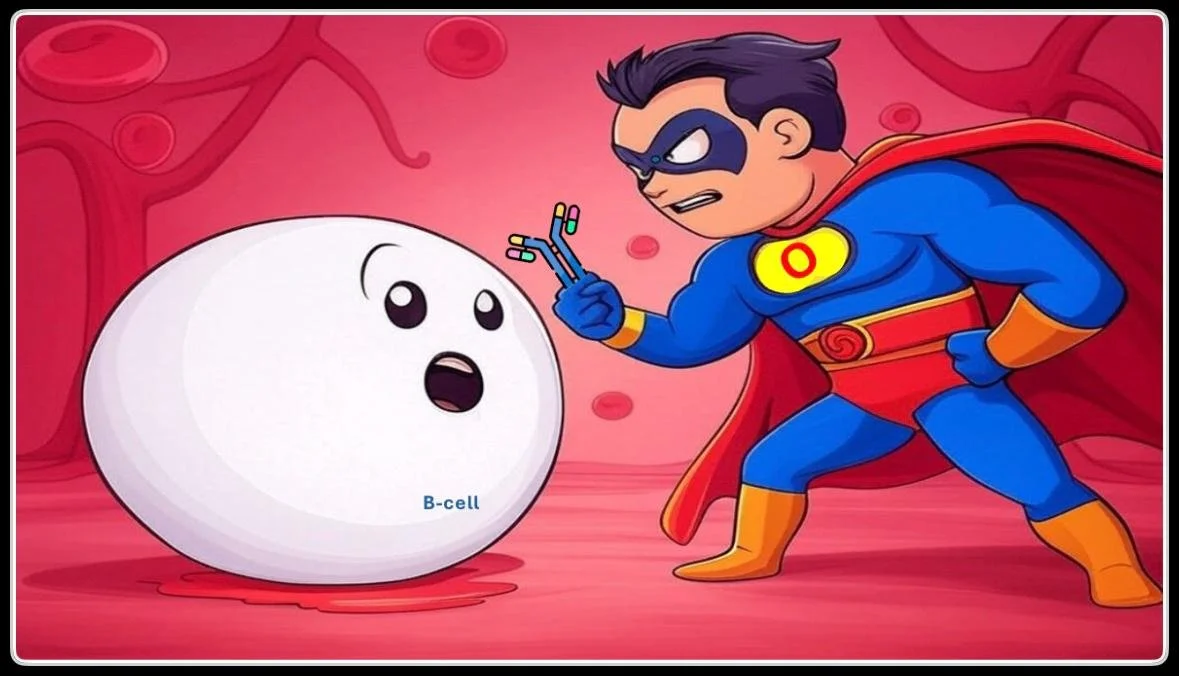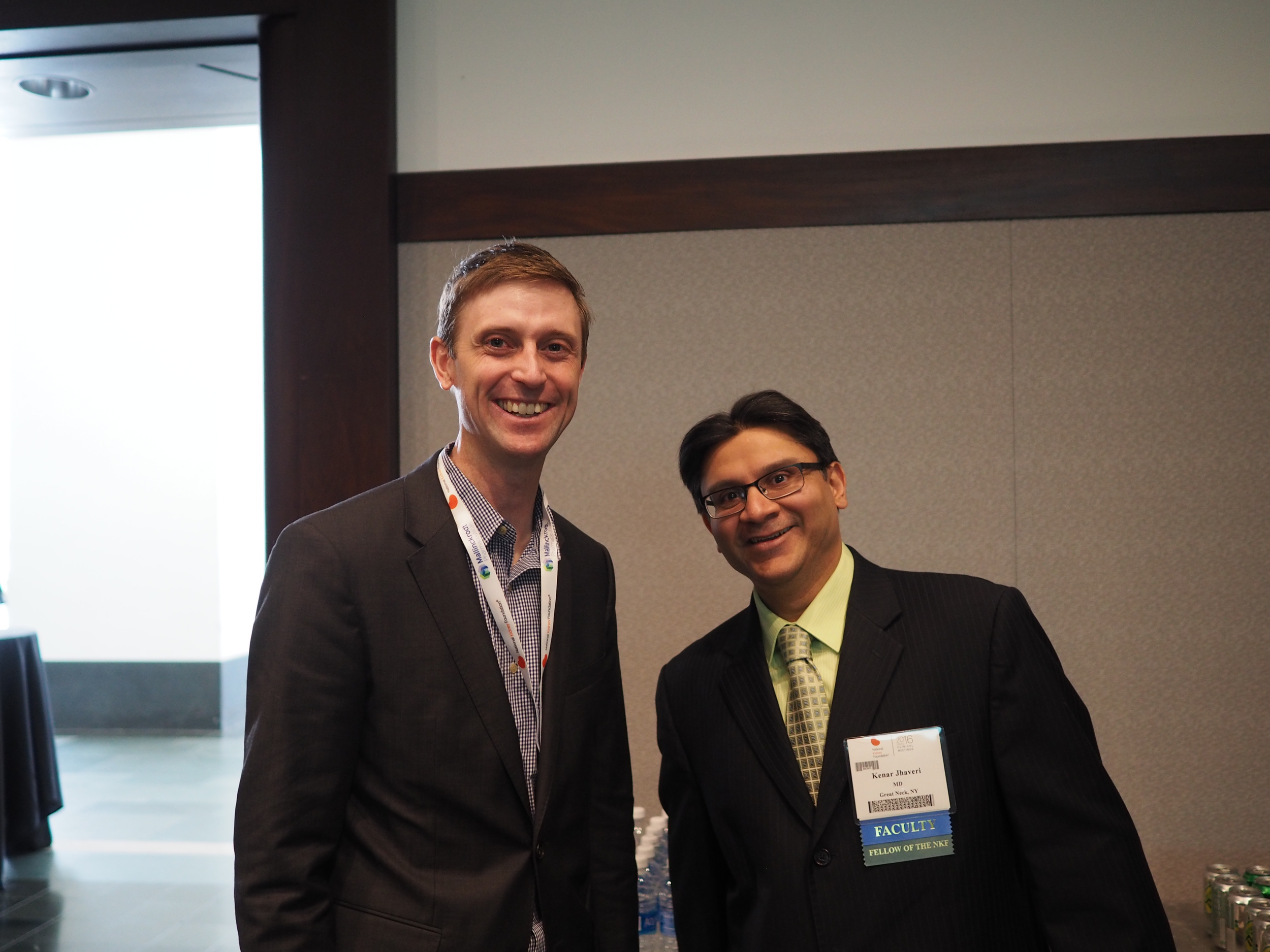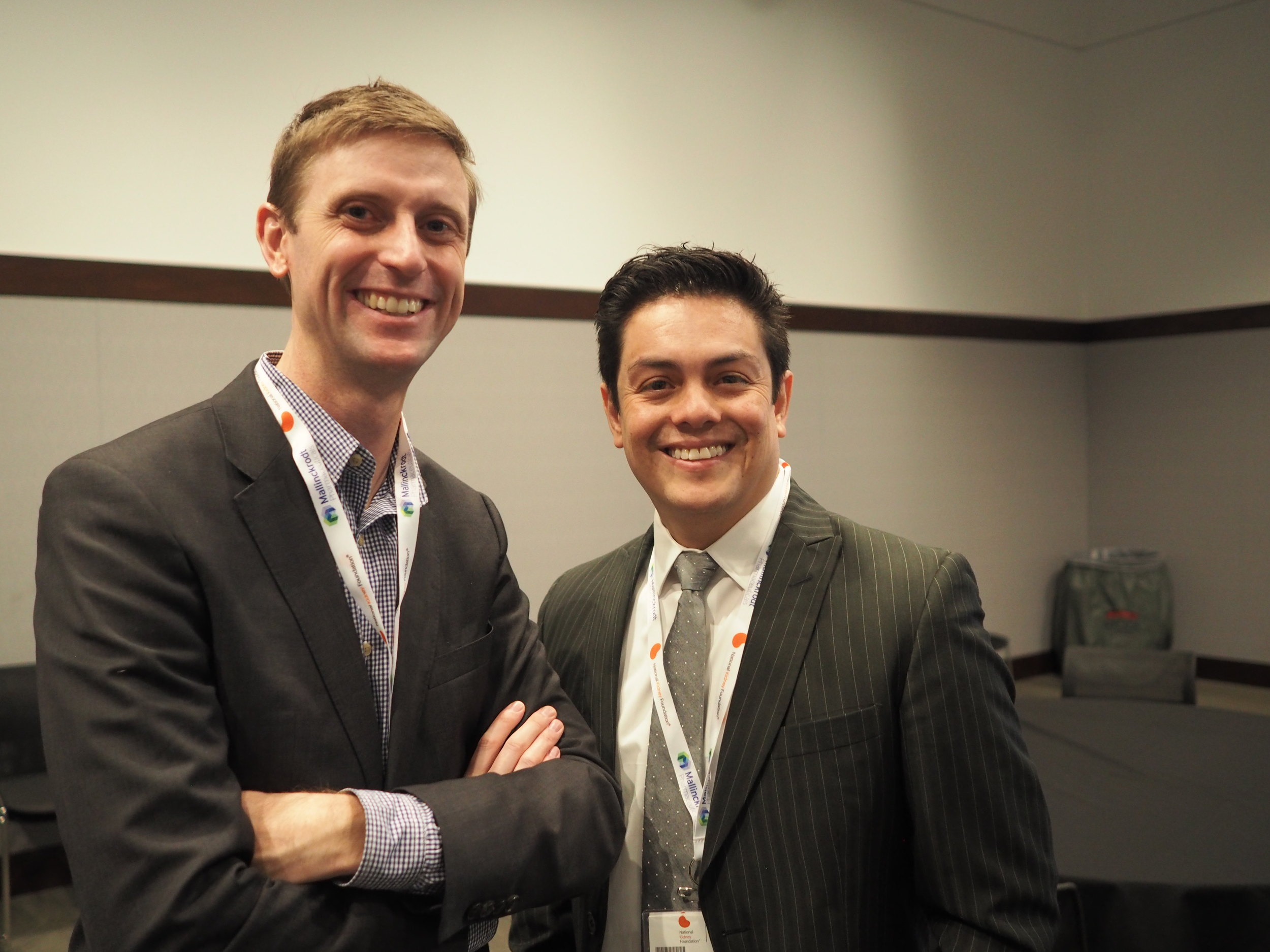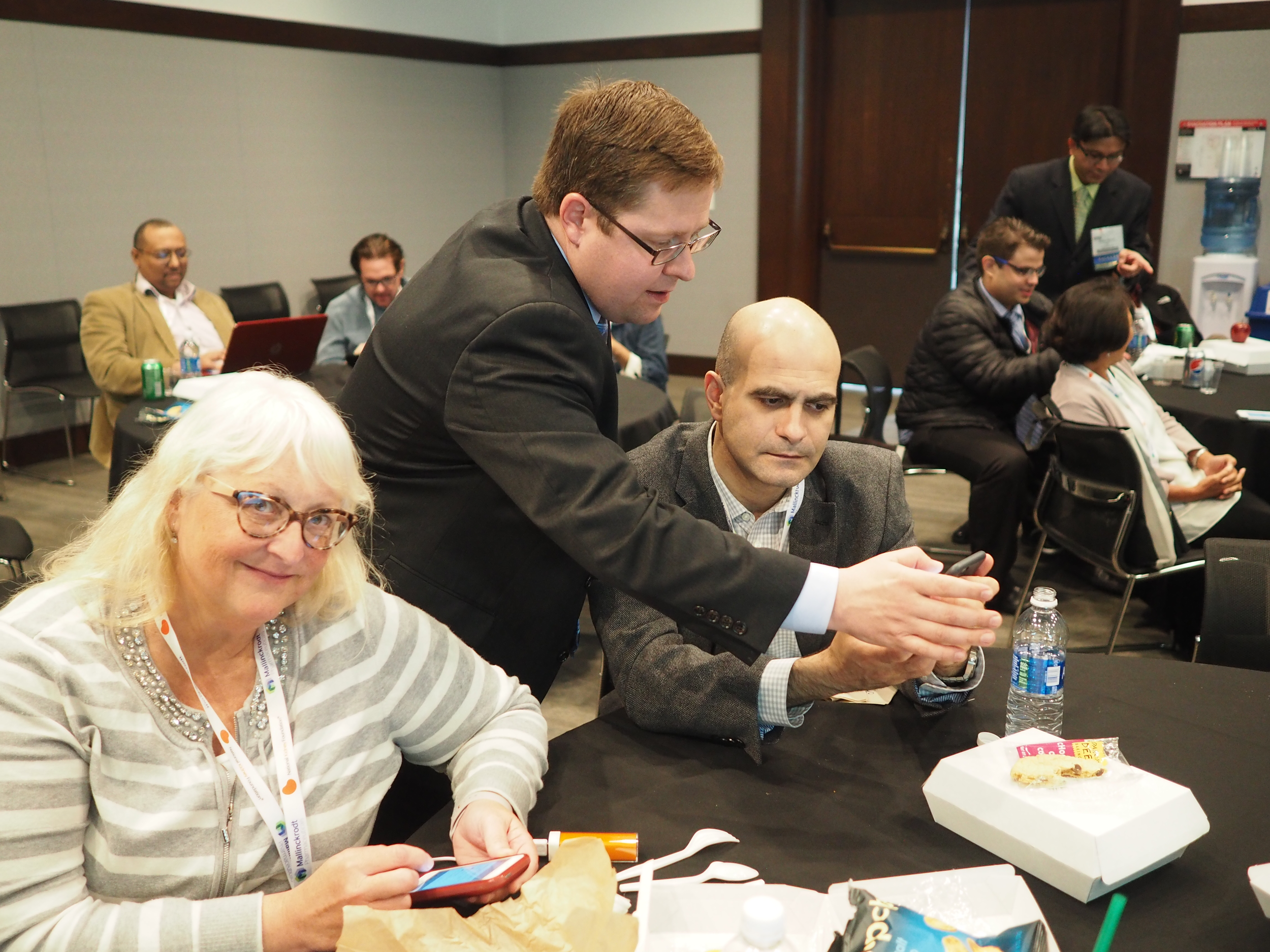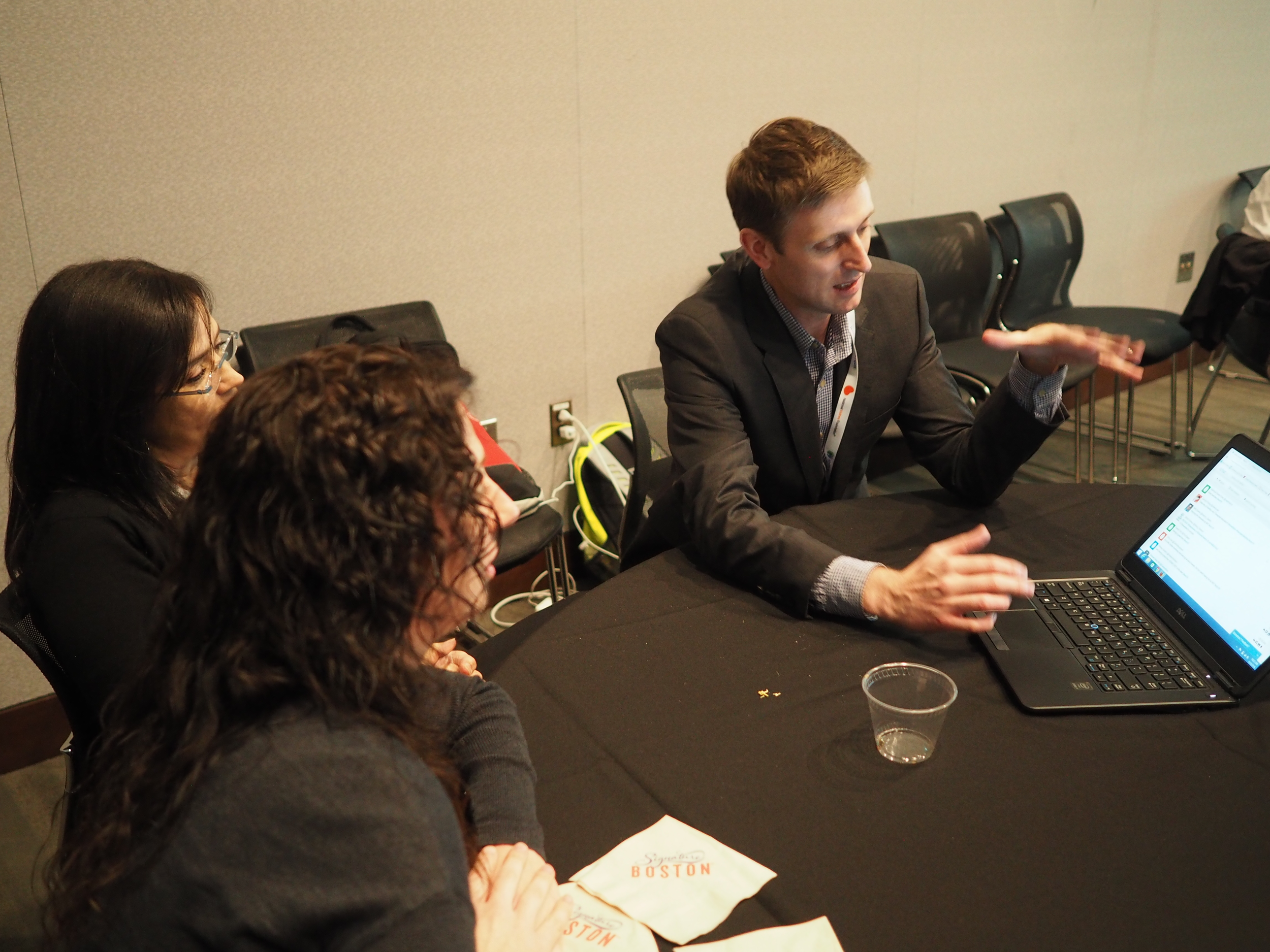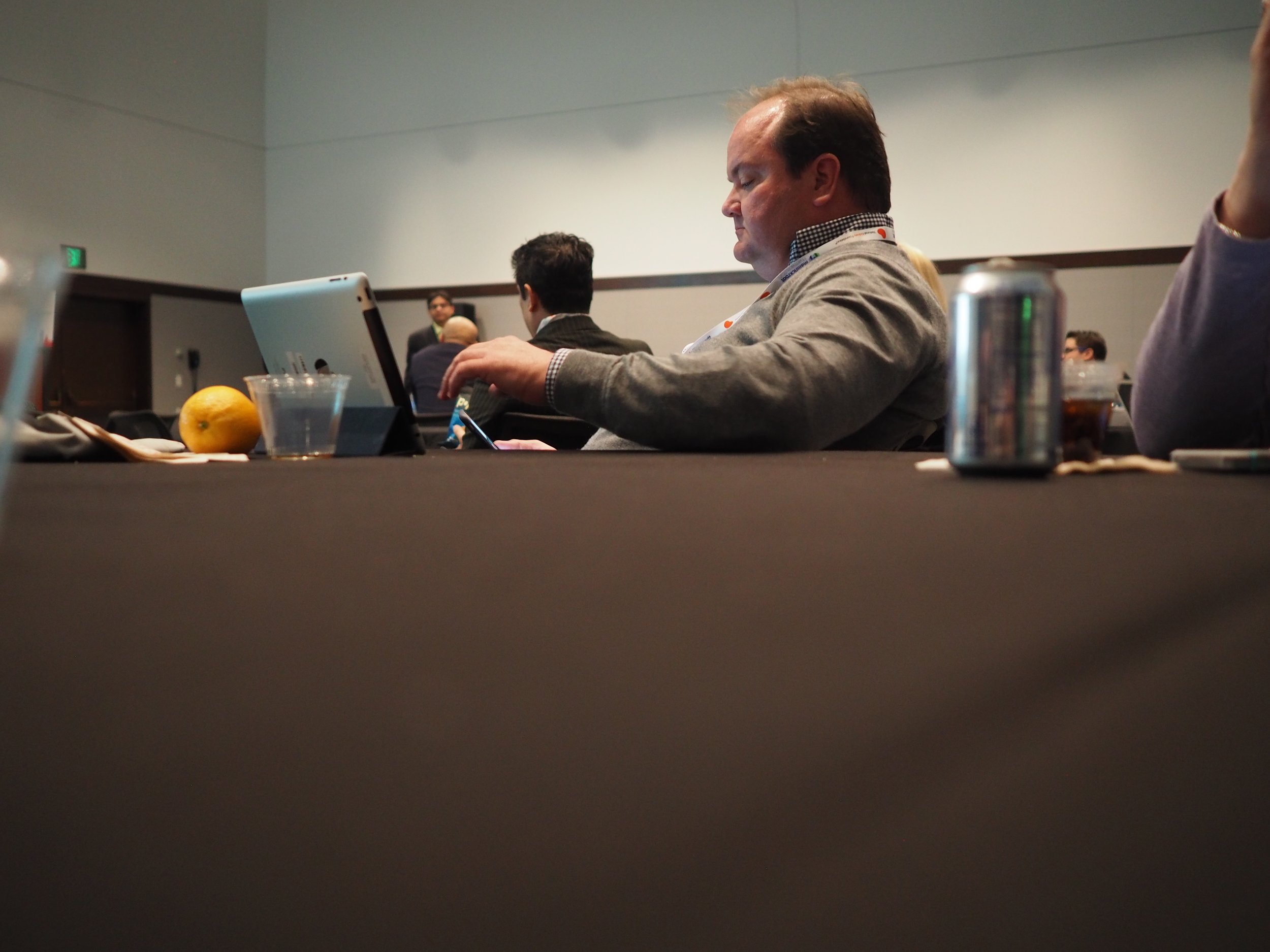Yesterday Matt Sparks, Kenar Jhaveri, and I ran a social media workshop at the NKF Spring Clinical Meeting. We were given the opportunity to do a workshop rather than a few lectures, so we really focused on making the workshop interactive. As such we did not have a slide deck, but rather created a website with all of the content.
The workshop operated by having Matt and I narrate our experience as we navigated the website from introduction through professionalism. The participants created a blog post and tweeted and debated ethical issues in social media. It was an information dense two hours. We thought it went great.
Take a look at the materials here.
The Twitter4Nephrons, disappeared from the primary navigation bar at the top of the site. It can now be found in the about folder.



